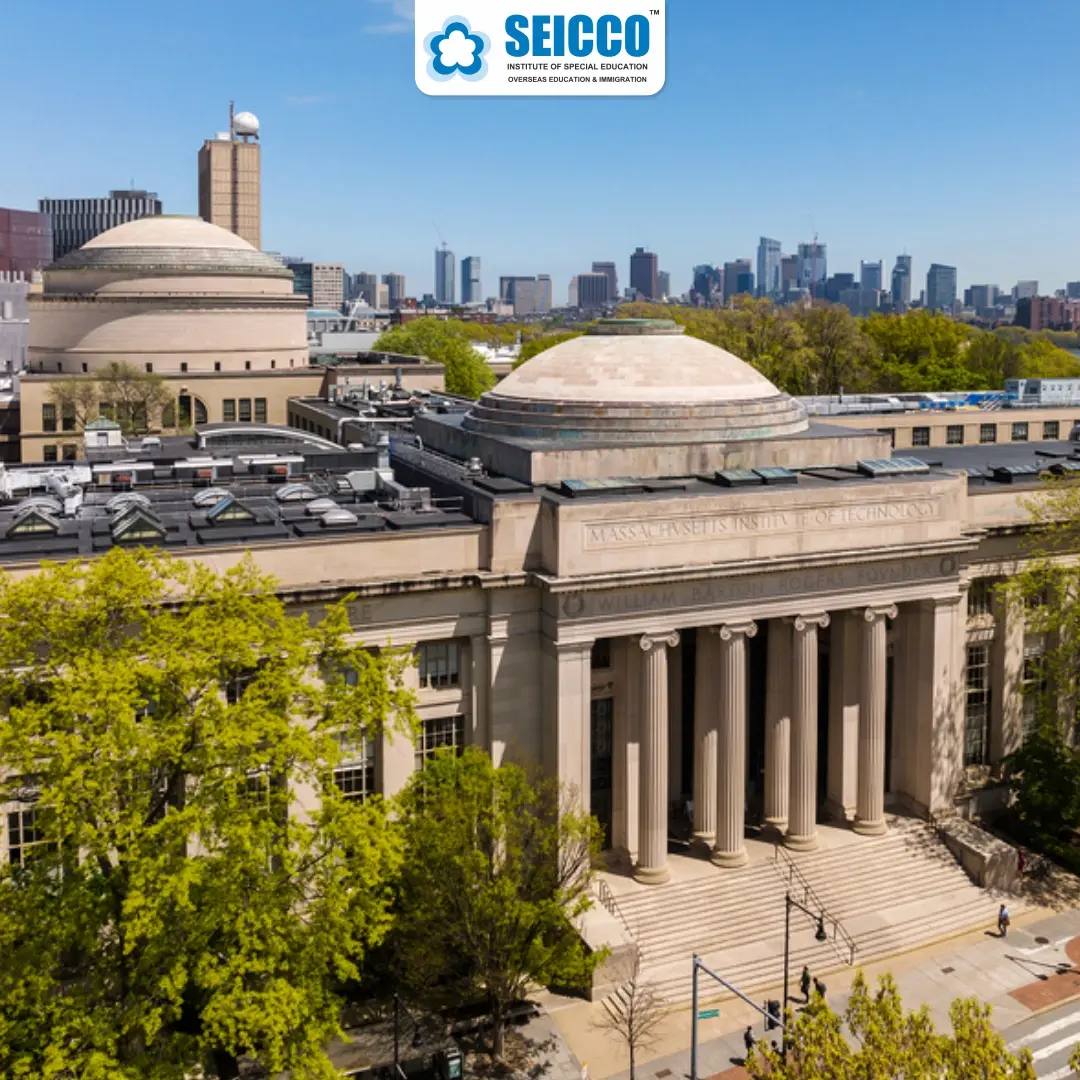Switzerland may be known for its snow-capped Alps, luxury watches, and chocolates, but it’s also a rising star in global higher education. In recent years, more Indian students have been looking at Switzerland as a serious option for undergraduate and postgraduate study. However, many myths still surround Swiss education, especially in the Indian context.
Let’s debunk some of the most common myths and misunderstandings about Swiss colleges so you can explore the country with clarity and confidence.
Myth 1: You Must Know German or French to Study in Switzerland
Truth: Plenty of Programs Are Taught in English
Switzerland has four official languages – German, French, Italian, and Romansh – but English-taught courses are widely available, especially at the postgraduate level. Fields like business, engineering, computer science, hospitality, and international relations are offered entirely in English.
Renowned institutions like ETH Zurich, the University of Geneva, and hospitality leaders like Les Roches and Glion have attracted Indian students for years through their English-medium programs.
Myth 2: Studying in Switzerland Is Too Expensive for Indian Families
Truth: Tuition Fees Are Lower Than Many Western Countries
Swiss public universities are among the most affordable in Europe. Annual tuition typically ranges between ₹90,000 and ₹3.5 lakhs. Compare that to the US or UK, where annual fees can soar to ₹20–30 lakhs.
Indian students can also access scholarships, part-time jobs, and subsidized student housing to manage living expenses. Proper financial planning makes studying in Switzerland very feasible for Indian families.
Myth 3: Switzerland Only Offers Hospitality and Tourism Courses
Truth: Switzerland Has Top Programs in Science, Technology, and Business
While Swiss hospitality schools are world-famous, Switzerland’s academic strengths go far beyond that. Universities like ETH Zurich consistently rank among the global top 10 for science and engineering.
From finance and pharmaceuticals to law and environmental sciences, Swiss institutions are closely tied to major industries. Companies like Novartis, Nestlé, and UBS offer research projects and internships that help students build real-world experience.
Myth 4: Switzerland’s Education Is Mostly Apprenticeship-Based – Not for College-Bound Students
Truth: The Swiss System Offers Both – and Universities Are World-Class
It’s true that Switzerland is globally admired for its apprenticeship or vocational education system, where students train on the job after secondary school. However, this system works alongside a robust university and academic track.
Indian students typically enter Swiss education through the university pathway, which includes bachelor’s, master’s, and PhD programs, just like in other countries. Don’t confuse vocational training with the higher education route – both are prestigious, but serve different goals.
Myth 5: Getting a Swiss Student Visa Is Complicated
Truth: The Process Is Transparent and Student-Friendly
Once you secure admission to a recognized Swiss institution, the student visa process is straightforward, provided you submit the required documents—proof of funds, accommodation, and a valid offer letter.
Most visas are processed within 6–8 weeks. As a bonus, Indian students can work part-time for up to 15 hours a week during term and full-time during breaks, helping cover living costs and gaining valuable experience.
Myth 6: There’s No Indian Community or Support Network
Truth: Indian Students Are Well-Connected and Supported
Swiss universities are very international—often with 40–60% of students from outside Europe. There’s also a growing Indian student population across campuses.
Clubs like the Indian Students Association of Zurich (ISAZ) and local Indian communities host festivals, networking events, and welcome sessions to help newcomers settle in.
Myth 7: Student Life in Switzerland Is Too Quiet
Truth: It’s a Perfect Blend of Nature, Culture, and Travel
Whether you’re skiing in the Alps, exploring cities like Bern or Lausanne, or taking weekend trips across Europe, life as a student in Switzerland is anything but dull.
Swiss cities are clean, safe, and full of art, music, and cultural experiences. Student unions, sports clubs, and university-hosted events keep the social calendar active and exciting.
Final Thoughts for Indian Aspirants
Switzerland offers affordable education, English-taught programs, global career exposure, and world-class universities. It’s time Indian students gave this incredible study destination the attention it deserves.
From engineering and data science to hospitality and international relations, Switzerland provides a smart, safe, and future-ready education that aligns with Indian ambitions.
FAQs
1. Can Indian students apply to Swiss universities after completing Class 12?
Yes, many universities accept Indian Class 12 results, though some may require a foundation year depending on the course.
2. What English language tests are needed for Swiss college applications?
Most programs require IELTS or TOEFL. Some master’s courses may also ask for GRE or GMAT.
3. Are Indian students allowed to work part-time while studying in Switzerland?
Yes, after 6 months of arrival, you can work up to 15 hours/week during classes and full-time during holidays.
4. What types of scholarships are available for Indian students?
You can apply for Swiss Government Excellence Scholarships, university-specific aid, and merit-based private grants.
5. Can students stay in Switzerland after graduation to search for a job?
Yes, you can extend your stay for 6 months post-graduation to look for work related to your degree.







